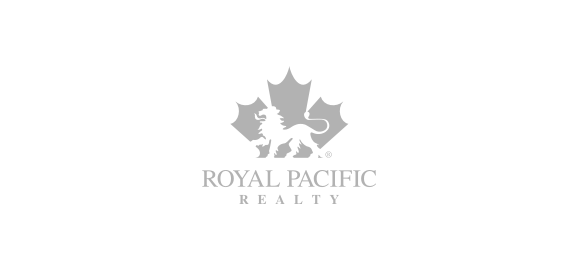Disclaimer: Please note that real estate agents, including those at Soldtoday.ca, are not representatives of either the buyer or the seller. Services are only available to buyers/sellers who have not yet engaged with an agent. This does not include any contractual agreements. Only under the condition of submitting a disclosure statement E. & O.E. does Soldtoday.ca make no guarantee regarding the completeness, reliability, or accuracy of the information on this site. Any actions you take based on the information found on this website are entirely at your own risk. We assume no legal responsibility for any loss and/or damage caused by the use of our website.
1. Overview of the GST Relief for First-Time Buyers
Policy: The federal government (announced by Prime Minister Mark Carney) will eliminate the 5% GST for first-time buyers purchasing newly constructed homes valued up to $1 million CAD and provide a phased rebate for homes between $1 million CAD and $1.5 million CAD.
Savings: Up to $50,000 CAD (full GST exemption on a $1M CAD home).
Phase-out: Linear reduction for homes priced up to $1.5M CAD (e.g., 50% rebate at $1.25M CAD = $25,000 CAD savings).
2. Eligibility Criteria
To qualify for the First-Time Home Buyers’ (FTHB) GST Rebate, you must:
Be a first-time buyer:
No home ownership (globally) by you or your spouse/common-law partner in the current year or past 4 calendar years.
Property type:
Newly built homes (purchased from a builder or self-built).
Co-op housing shares (if the unit is new).
Residency:
Canadian citizen or permanent resident.
Primary residence: Must occupy the home within 1 year of purchase.
3. Key Dates and Application
Effective date: Applies to purchase agreements signed on or after May 27, 2025.
Construction deadlines:
Construction must begin before 2031 and be substantially completed by 2036.
How to claim:
The rebate is typically applied at closing by the builder (for new homes) or claimed via tax filing (for self-built homes).
4. Limitations and Exclusions
Lifetime limit: The rebate can only be claimed once per individual (or spouse/common-law partner).
Assignment sales: No rebate if the original purchase agreement was signed before May 27, 2025.
Excluded properties:
Homes over $1.5M CAD.
Resale homes or rentals.
5. Interaction with Other BC Programs
Property Transfer Tax (PTT) Exemption: First-time buyers in BC may also qualify for a full or partial PTT exemption on homes ≤$835K CAD (saving up to $8,000 CAD).
Newly Built Home Exemption: Separate PTT relief for new constructions ≤$1.1M CAD.
6. Purpose and Impact
Affordability: Aims to reduce upfront costs for young buyers and stimulate new housing supply.
Federal-provincial alignment: Complements BC’s existing incentives (e.g., PTT exemptions).
For official forms or further details, refer to the Government of Canada’s announcement2 or consult a tax professional.

